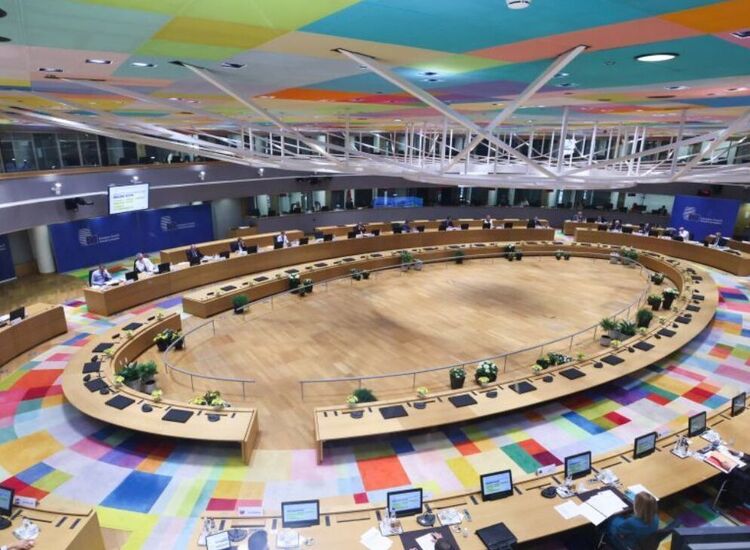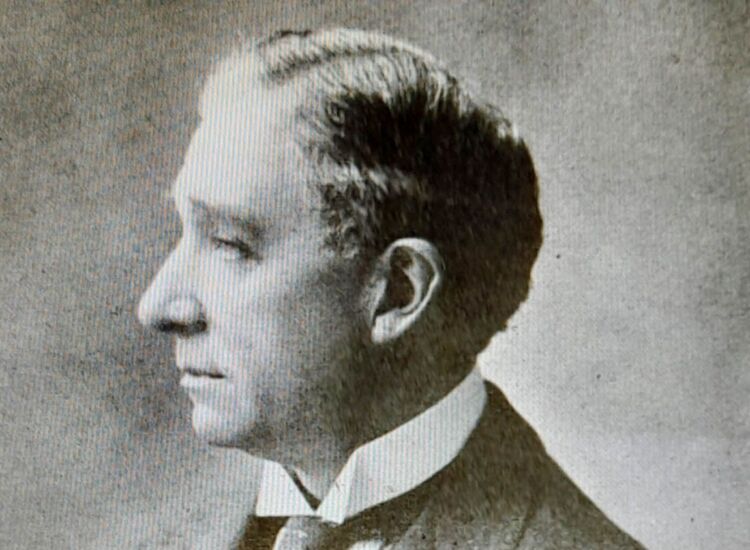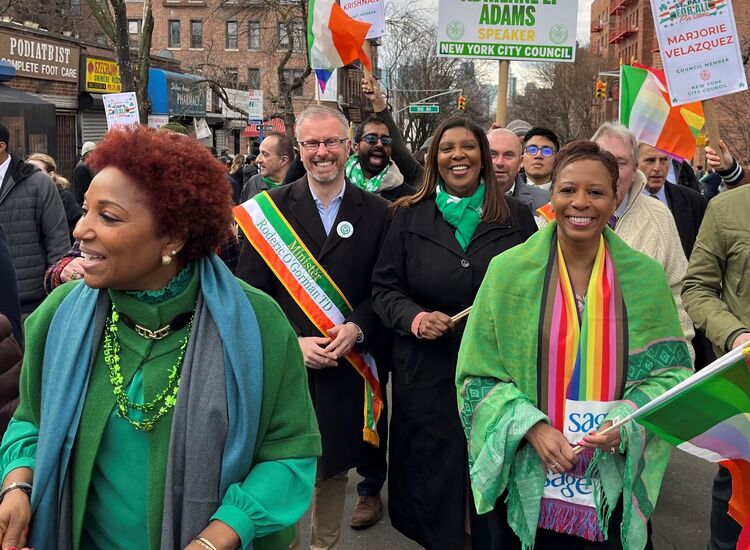At the time of writing, it would appear certain that Libya's dictator, Colonel Muammar Qadaffi, a man with as many political lives as there are seemingly ways to spell his name, has finally fallen from power; not before time.
Though the man was more colorful by a mile than most Arab strongmen, the depth of Qadaffi's ruthlessness will only become fully apparent in the aftermath of an iron-fisted rule that has lasted over four decades.
The sands of Libya, for sure, hide many dark secrets.
The Qadaffi years, and how the U.S. and other western countries dealt with the man throughout that period, would prove to be a most interesting study for anyone interested in the tangled weave that is foreign policy. Qadaffi was betimes condemned and isolated, with good reason, and at times deemed useful and drawn into the orbits of the U.S. the EU, and others.
The relationship between Dublin and Tripoli was itself prone to swings. Qadaffi was for sure centrally involved in the running of weapons to the IRA in the 1980s, this even after Dublin had opened diplomatic relations with Libya in 1977.
In the middle of it all, though before the gun-running became known, Taoiseach Charles Haughey visited Libya in 1983 and met with Qadaffi. This set the foundation for trade ties in later years, despite the arms shipments, that would prove to be very lucrative for the Irish economy, particularly agriculture, which engaged in large scale live cattle exports to a North African nation not noted for green fields.
Washington's relationship with Qadaffi was most notably defined by the blowing up of Pan Am Flight 103 and the subsequent bombing of Tripoli on the orders of President Reagan.
But even despite this atrocity, relations between the U.S. and the Qadaffi regime were to reach a more solid footing when the U.S. lifted its trade embargo in 2004. In the years that followed, Qadaffi seemed to be inclined to curry favor with the U.S. by styling himself an implacable enemy of al-Qaeda, and Islamic extremism in general.
He played this card at the outset of the uprising against him earlier this year, but it served him naught as U.S. planes again appeared in the sky, this time in support of rebels intent on overthrowing the dictator who preferred to conduct business in a Bedouin tent than under a concrete roof.
The front-line U.S. role in the initial assault would take a back seat to operations conducted by other NATO nations, most especially Britain and France, but there's no doubting that the U.S. has been working behind the scenes to bring about the kind of outcome that has emerged in Tripoli these past few days.
Of course, much uncertainty will continue to surround Libya, a vast, oil-rich country, as the dust settles - if it settles at all. It is not entirely certain that what has transpired in Libya has anything to do with what has been dubbed the "Arab Spring."
Countries like Libya, neighboring Egypt, and the likes of Syria, where another revolt against a tyrant is witnessing the shedding of considerable blood, tend to exist in individual bubbles with separate internal dynamics. This results in it being difficult to predict what will happen in one based on what has happened, or is occurring, in another.
There may well be entirely separate Arab springs taking hold without there being a true, pan-Arab dimension. As for Libya, well, we have been hearing a lot about the tribal make-up of the place and at first glance this would not give cause for excessive optimism.
The existence of huge oil reserves can also play two ways. They can be a reliable basis for reconstruction, or a destabilizing element if formerly allied factions dispute ownership and control.
Either way, those who have done business with the Libya of Qadaffi, the U.S. and Ireland among them, are obliged now to engage with the Libya that emerges from the rubble of the Qadaffi dictatorship.
As always, we hope for better days for those who have lived under the dictator's fist, and we mourn anew for those who have suffered and died under it, not least the victims of Flight 103.








